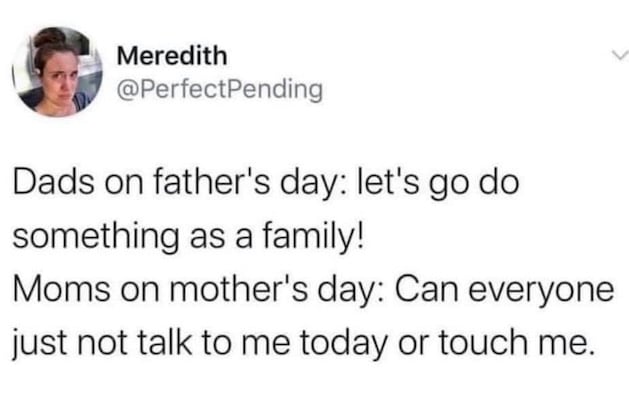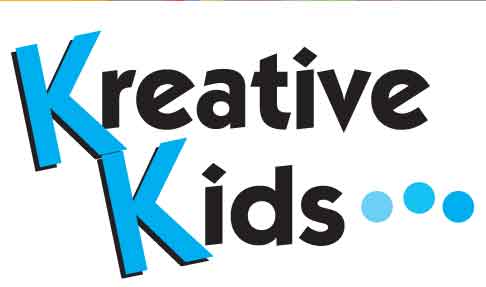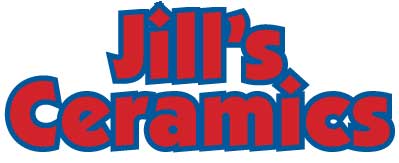Get the Best Family Activities
In the book, you reference Tim Ferriss’ 80/20 rule or “the Pareto Principle.” Can you briefly explain the idea behind this rule and how it can improve the lives of readers?
The original principle has to do with resource allocation where generally speaking, 80 percent of results come from 20 percent of inputs. For example, 80 percent of your income might come from 20 percent of your clients. For me, 80/20 is a reminder to constantly track everything in my life because the things we measure can be optimized, can give us insight into ourselves and our behaviors; and most valuable of all, can help us cultivate a sense of self awareness.
Throughout the book, you mention several apps and other tools that can help readers track how they spend their time. What have you found to be the most useful tools/apps in your own day to day life?

My top three tech tools are: Evernote, which is a note taking application that lets you capture any type of info from any device; followup.cc, which automates email follow-ups and can actually be used to replace a to-do list; and iDoneThis, a journaling app on steroids that helps you mentally unload as well as reminds you of past achievements.
What is the “External Brain” and why is it important to achieve effective time management?
There is too much going on in our daily lives—too much information, too many responsibilities, and too many thoughts. The mind is great for coming up with ideas but not for keeping them. So use an external brain (like Evernote) to capture every idea as soon as you get it. You don't need to know if it's good or bad, just get it down so you know it's safe and you can refer to it IF you ever want to or need to. Having a clear head means you have the space to come up with new, great ideas.
You stress the importance of understanding essential vs. optional life tasks, but many people feel that everything they do is essential. Otherwise, they wouldn’t do it. How do we separate essential from optional?
95 percent of the things you do on a daily basis can be done by other people or other things. You need to be able to focus on that 5 percent that only you can do, and do it better than anyone else. By tracking the things we do and identifying the processes we go through, we can gain greater self-awareness and start to clear your plate so you can make that valuable 5 percent into your 100 percent.
What is the most important idea you want readers to take away from your book?
Ari Meisel resides in Bridgehampton, NY with his wife Anna, three sons. Since overcoming the symptoms of Crohn's disease, Meisel has spoken at seminars and at a regional TED Talk about his struggle. Through the process of data collection, self-tracking, and analysis, Ari helped develop Less Doing as a way of dealing with the daily stresses of life by optimizing, automating, and outsourcing all of his tasks in life and business.








